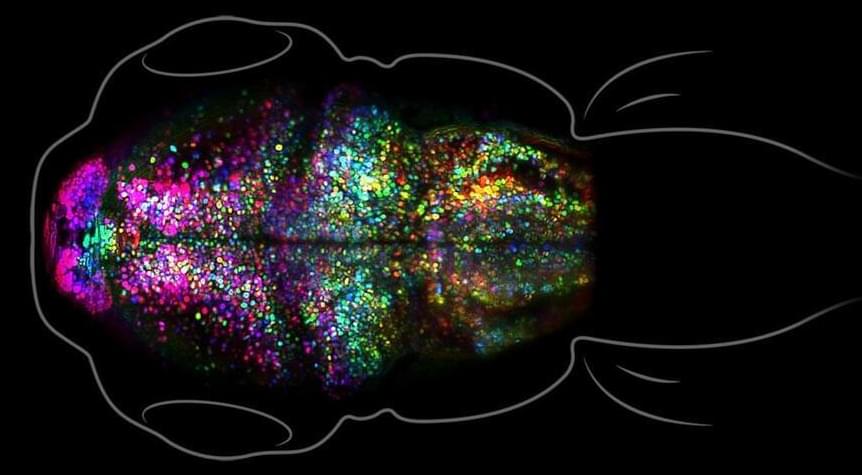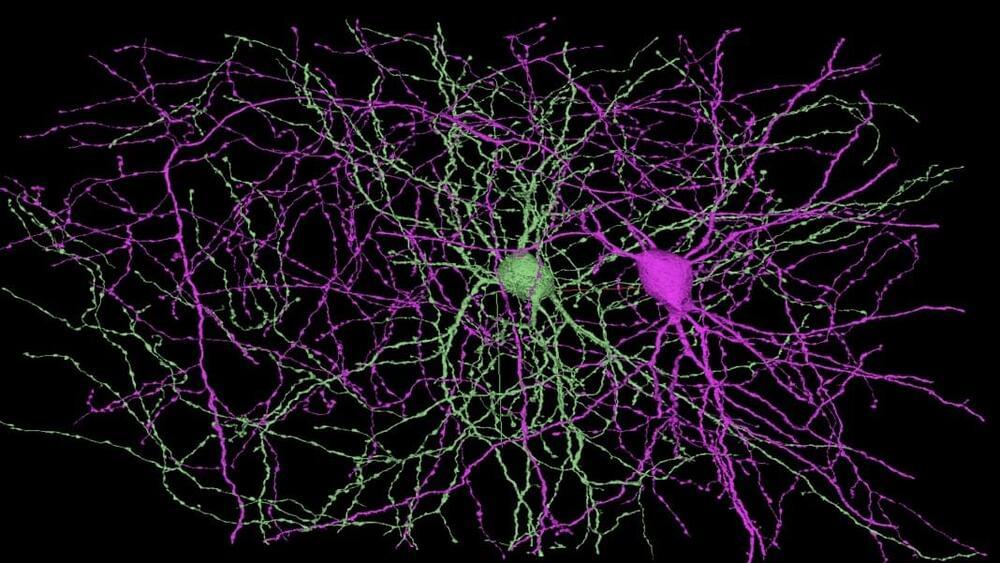The number 18 just hits different.
NASA and NOAA launch the weather satellite, the third in the GOES-R series to detect Earth and space weather.

Space worms.
Two young worms are the first offspring in a Mars soil experiment at Wageningen University & Research. Biologist Wieger Wamelink found them in a Mars soil simulant that he obtained from NASA. At the start he only added adult worms. The experiments are crucial in the study that aims to determine whether people can keep themselves alive at the red planet by growing their own crops on Mars soils.
To feed future humans on Mars a sustainable closed agricultural ecosystem is a necessity. Worms will play a crucial role in this system as they break down and recycle dead organic matter. The poop and pee of the (human) Martian will also have to be used to fertilise the soil, but for practical and safety reasons we are presently using pig slurry. We have since been observing the growth of rucola (rocket) in Mars soil simulant provided by NASA to which worms and slurry have been added. ‘Clearly the manure stimulated growth, especially in the Mars soil simulant, and we saw that the worms were active. However, the best surprise came at the end of the experiment when we found two young worms in the Mars soil simulant’, said Wieger Wamelink of Wageningen University & Research.
‘The positive effect of adding manure was not unexpected’, added Wamelink, ‘but we were surprised that it makes Mars soil simulant outperform Earth silver sand’. We added organic matter from earlier experiments to both sands. We added the manure to a sample of the pots and then, after germination of the rucola, we added the worms. We therefore ended up with pots with all possible combinations with the exception of organic matter which was added to all of the pots.

Earthworms could have the potential to replace some high-cost mineral/synthetic fertilizers, new research suggests.
Researchers at University College Dublin have unearth fresh insight into the soil dweller’s importance for crops taking up nutrients.
The findings suggest a shortcut in the soil nitrogen cycle not previously recognized in which earthworms, when they are active, rapidly enrich soil and plants through nitrogen excreted in their mucus.


In this video Bill Andrews summarizes in 19 minutes his extensive research on telomeres, aging, and his proposal to cure aging. Bill Andrews is an American molecular biologist and gerontologist, founder and CEO of the biotech company Sierra Sciences.
Bill Andrews summarizes in 19 minutes his extensive and prolific research on telomeres, aging, and the cure for aging.
The video, originally released by Bill Andrews in february 2022, among other things, covers in little less than 20 minutes the following:
1) Enlightening info about telomere shortening and its impact on aging.
2) Practical proposals to cure aging based on two different approaches to stop telomere shortening and actually enlarge them.

Russia’s attacks on Ukraine continue to take lives and destroy infrastructure as the country invades. This infrastructure damage has disrupted internet access in Ukraine, leading a government official to publicly request Starlink satellite internet access for the country from SpaceX CEO Elon Musk. Musk obliged, activating Starlink service in Ukraine and sending additional hardware. But with continued attacks on infrastructure, how will Ukraine stay connected?
Fedorov brings up an important point: Even though Starlink operates without the need for traditional internet infrastructure, the Earth-bound hardware still needs power. And, as Russian attacks bombard the country, Ukraine’s internet access will continue to be threatened.
Fedorov’s statement publicly reached out for help acquiring generators to keep Starlink online for Ukrainians. But Musk responded with an alternative suggestion.
“Solar panels + battery pack better than generator, as no heat signature or smoke & doesn’t run out of fuel,” Musk wrote in response on Twitter.
Elon Musk has some ideas.

A mini brain with trillions of petaflops in your pant pocket? Sounds Good!
“This is what we’re announcing today,” said Knowles. “A machine that in fact will exceed the parametric capacity of the human brain.”
That next-gen IPU, he said, would realize the vision of 1960s compute scientist Jack Good, a colleague of Alan Turing’s who conceived of an “intelligence explosion.”
Those synapses are “very similar to the parameters that are learned by an artificial neural network.” Today’s neural nets have gotten close to a trillion, he noted, “so we clearly have another two or more orders of magnitude to go before we have managed to build an artificial neural network that has similar parametric capacity to a human brain.
The company said it is working on a computer design, called The Good Computer, which will be capable of handling neural network models that employ 500 trillion parameters, making possible what it terms super-human ultra-intelligence.
The Bow is the first chip to use what’s called wafer-on-wafer chip technology, where two die are bound together. It was developed in close collaboration with contract chip manufacturing giant Taiwan Semiconductor Manufacturing.
The chip can perform 350 trillion floating point per second of mixed-precision AI arithmetic, said Knowles, which he said made the chip the highest-performing AI processor in the world today.


It’s easy to see why: as shockingly powerful mini-processors, neurons and their connections—together dubbed the connectome—hold the secret to highly efficient and flexible computation. Nestled inside the brain’s wiring diagrams are the keys to consciousness, memories, and emotion. To connectomics, mapping the brain isn’t just an academic exercise to better understand ourselves—it could lead to more efficient AI that thinks like us.
But often ignored are the brain’s supporting characters: astrocytes—brain cells shaped like stars—and microglia, specialized immune cells. Previously considered “wallflowers,” these cells nurture neurons and fine-tune their connections, ultimately shaping the connectome. Without this long-forgotten half, the brain wouldn’t be the computing wizard we strive to imitate with machines.
In a stunning new brain map published in Cell, these cells are finally having their time in the spotlight. Led by Dr. H. Sebastian Seung at Princeton University, the original prophet of the connectome, the map captures a tiny chunk of the mouse’s visual cortex, less than 1,000 times smaller than a pea. Yet jam-packed inside the map aren’t just neurons; in a technical tour de force, the team mapped all brain cells, their connections, blood vessels, and even the compartments inside cells that house DNA and produce energy.